Join us in celebrating uniqueness! Choose from this curated selection of digital titles within Pfeiffer Library that explore African American history, all readily available at your fingertips:

Call Number: 7674
Publication Date: 7/16/2010
"In this ABC News Nightline, the death of Cynthia Wiggins sparks a controversial debate about latent racism in Buffalo, New York, and its suburbs. Wiggins died when struck by a tractor trailer while crossing a major highway to her job at an upscale, suburban mall. She had arrived by bus from an inner-city neighborhood. Racism was charged when investigators discovered that the planners and the mall’s operator had conspired to prevent the bus route serving the inner city from stopping at the mall to discourage a poor, black clientele. (20 minutes)
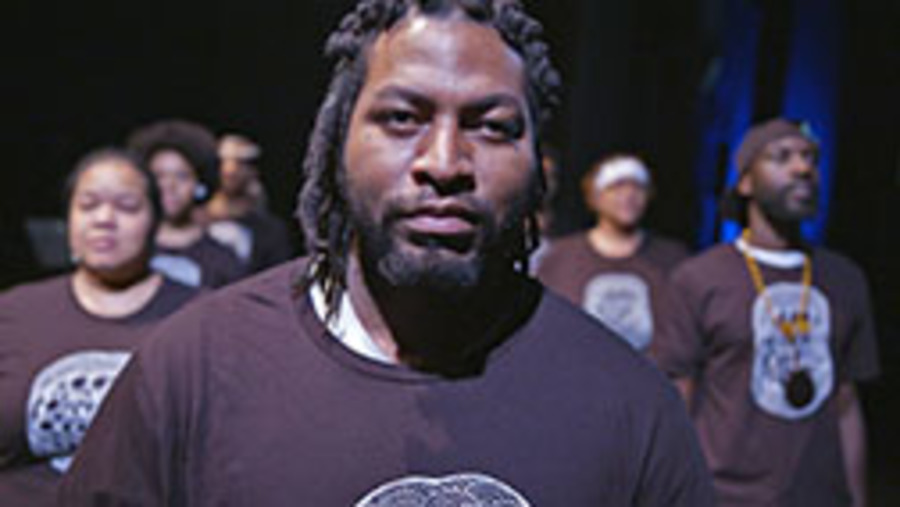
Call Number: 162932
Publication Date: 12/05/2018
" In 2013 in Sanford, Florida, vigilante George Zimmerman was found not guilty of the murder of 17-year-old African American Trayvon Martin. As a result, the struggle against police violence flared up under the hashtag #BlackLivesMatter and turned into one of the biggest grassroots movements in the United States. This film interviewed co-founder Patrisse Cullors about the various forms of violence against black citizens, and why resistance is essential."
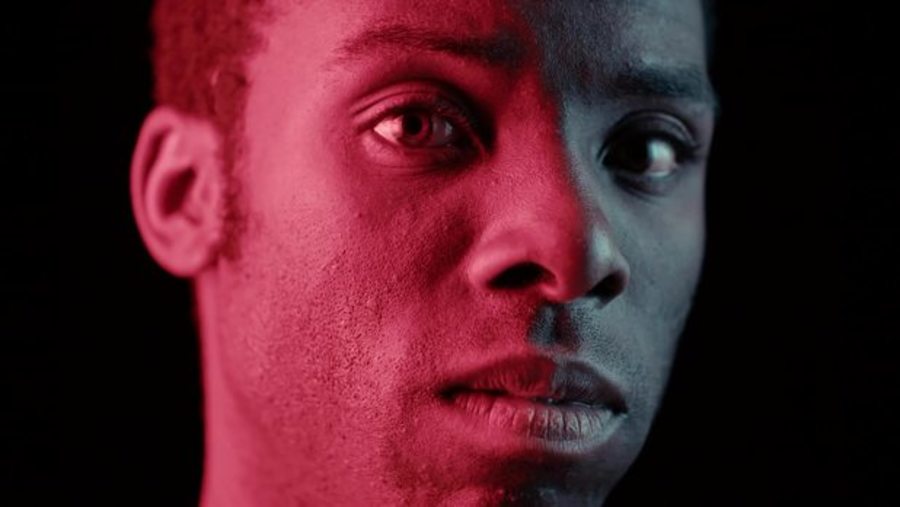
Call Number: 145234
Publication Date: 05/02/2018
Activist journalist Desmond Cole puts racism in Canada front and center in the new CBC documentary The Skin We’re In. Cole visits the sister of Andrew Loku, the 45-year-old South Sudanese man slain by Toronto police, and the Michael Brown memorial in Ferguson, Missouri, while tracing the legacy of anti-Black racism past and present. The program offers a glimpse, too, into the world of Cole the activist and his at times wearying fight for social justice.
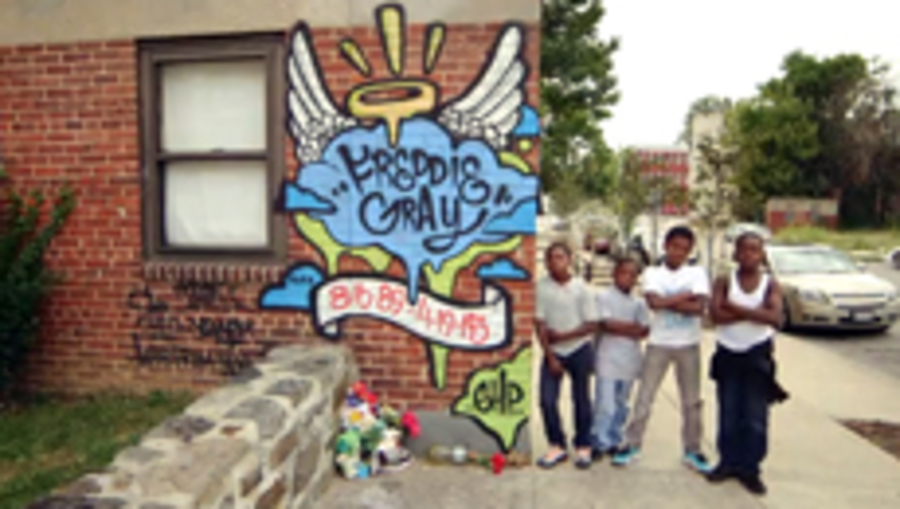
Call Number: 117844
Publication Date: 8/12/2016
Reporter Sally Sara takes to the streets of Baltimore and Chicago to investigate a reawakened civil rights movement that’s fighting to stop the killing of black Americans
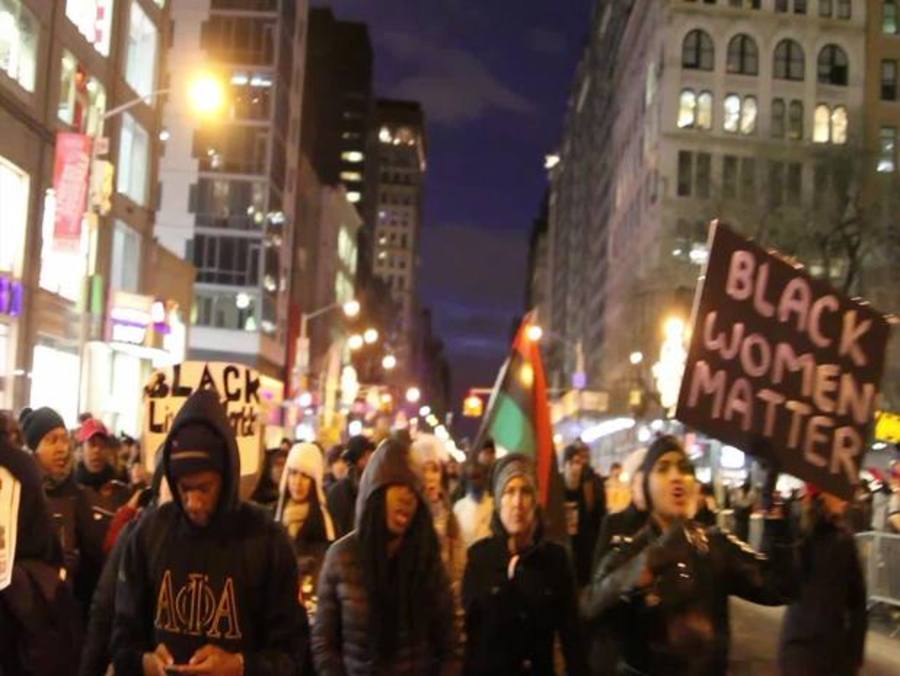
Call Number: 206494
Publication Date: 6/16/2020
This program provides a raw, uncensored glimpse into the Millions March NYC immediately AFTER a grand jury deliberated to not indict the officer responsible for Eric Garner's death. Tens of thousands of protesters and social justice groups rallied together in NYC to urge lawmakers to take action against police brutality. Real interviews with the protesters capture the depths of hurt and anger in the community, along with their hope for justice and suggestions for solutions to inspire the change many wishes to see. The film goes on to discuss topics regarding police training, race, media’s influence on the perception of black culture, fear towards Black Men and its impact on aggressive policing
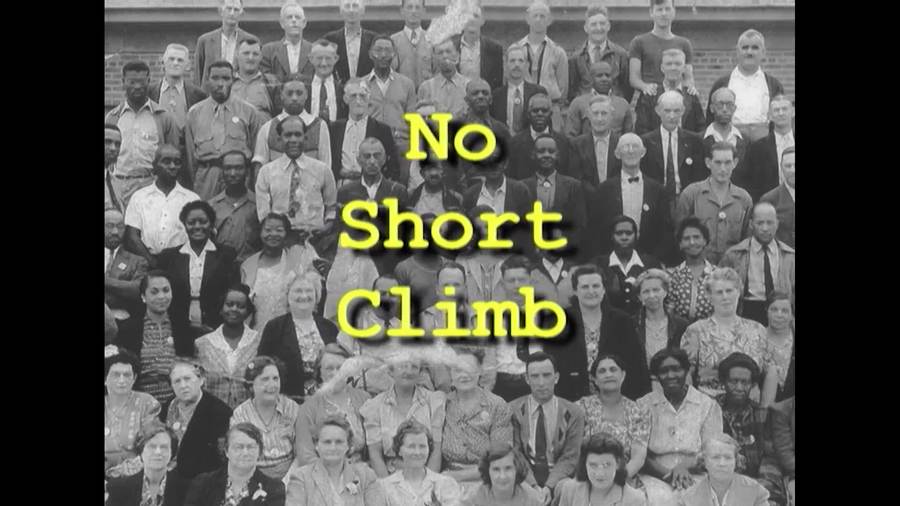
Call Number: 205459
Publication Date: 5/22/2020
"During the period immediately following the Great Depression, young African-American men and women graduated from high schools and college across the nation with degrees in the sciences. However, they found themselves unemployed and unemployable. Though large numbers of scientists, technicians, and support staff were widely recruited from prestigious colleges and universities, racial barriers kept these ranks limited to White applicants. As the U.S. geared up for the approaching war in Europe, efforts were made to aggressively recruit and place Blacks in positions in both the military and civilian service corps. Serving as the experimental proving grounds for a host of “state-of-the art” defense weaponry, Fort Monmouth brought on board its first African-American professionals in 1940. These new hires became engineers, project specialists, and technicians and, as the War progressed, women were brought in to replace the men who were transferred overseas. In spite of barriers that hindered acceptance, promotion, and recognition of their accomplishments, African-Americans made major contributions to the success of this facility. No Short Climb combines personal memoir with archival footage, still photography, and graphics, to present a first-hand account of the previously unknown story about the contributions of African-American scientists and technicians during the Second World War.
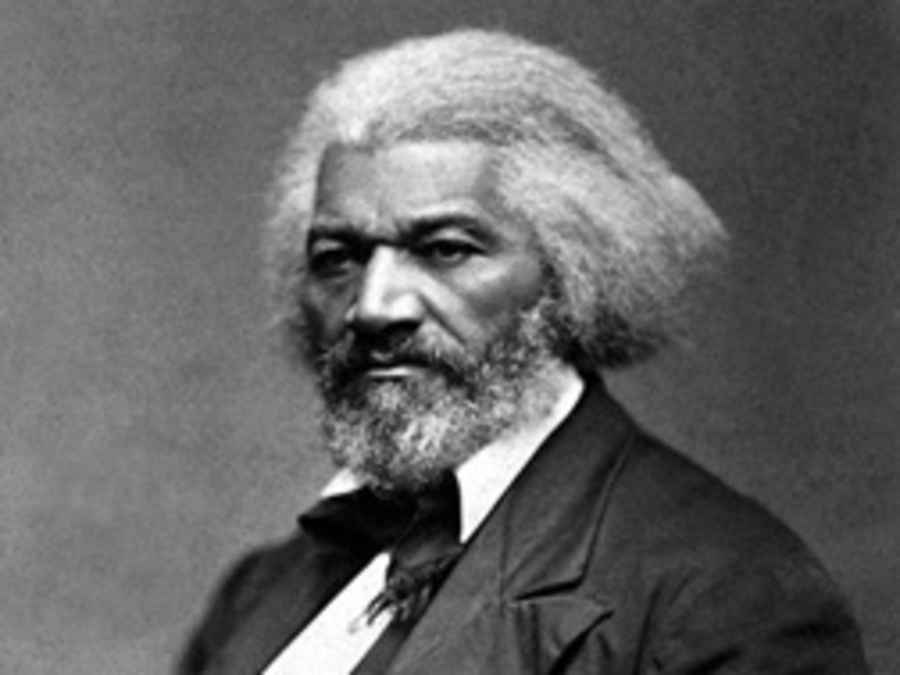
Call Number: 52770
Publication Date: 6/23/2022
The achievements of Frederick Douglass are well known, as are those of Sojourner Truth, Harriet Tubman, and other heroic African-Americans during the Civil War period. Fewer people have ever heard of Robert Smalls, Phyllis Wheatley, Elizabeth Keckley, Benjamin Banneker, or countless others of African descent who helped to build the American nation. Regardless of renown or obscurity, all the aforementioned names deserve ongoing, in-depth study in U.S. history classes, and this film offers a wealth of dramatized narratives to support that crucial learning. From the remarkable story of Abdul Rahman Ibrahima, the African prince sold into slavery on a Mississippi plantation, to the White House meeting in which Douglass urged President Lincoln to uphold the honor and dignity of the Union’s black soldiers, each segment reenacts a pivotal moment in history—not just African-American history, but the chronicle of the country as a whole. Advancements made by black scientists, inventors, artists, and craftspeople are studied. (80 minutes)
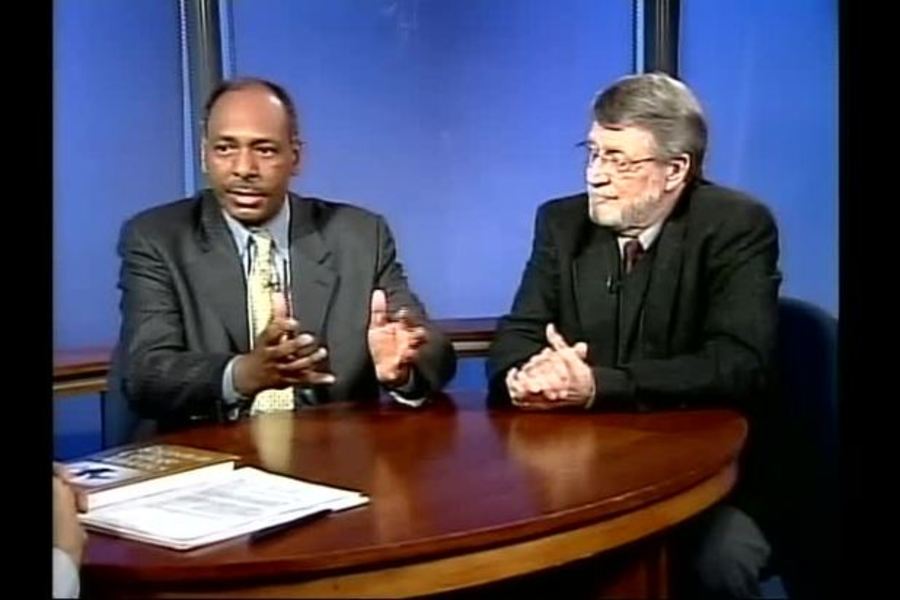
Call Number: 167359
Publication Date: 1/17/2019
In this program from Tony Brown's Journal, educators Dana Brooks and Ron Althouse, editors of Racism in College Sports, provide a scholarly approach to the issue of racism in college athletics
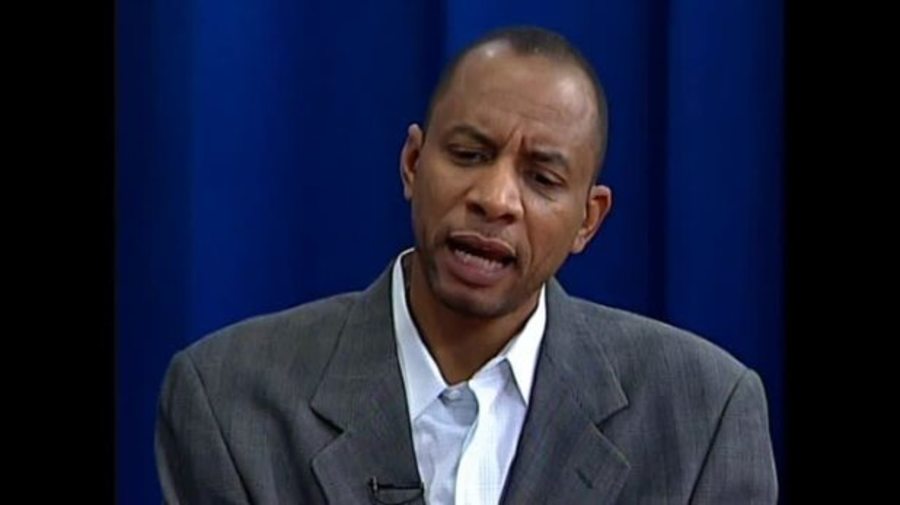
Call Number: 167310
Publication Date: 2/24/2019
"Shaun Powell, Newsday sports columnist and author of Souled Out? How Blacks Are Winning and Losing in Sports, dissects issues like the reluctance among many sports stars to engage in Black activism or their indifference to larger Black community concerns and explains how a growing division in the Black athlete's character, conduct, and lifestyle choices impacts how America sees Black people.
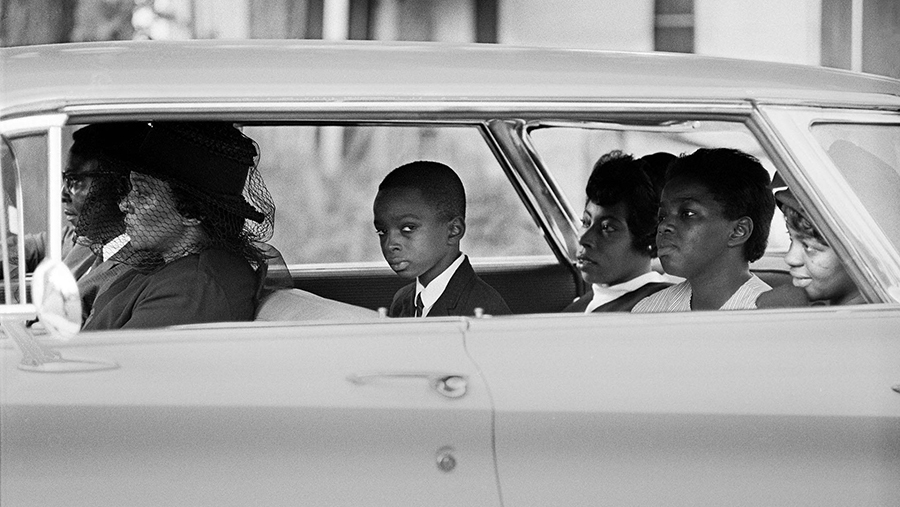
Call Number: 275910
Publication Date: 12/10/2021
"Chronicling the history and personal experiences of African Americans on the road from the advent of the automobile through the seismic changes of the 1960s and beyond – Driving While Black explores the background of a phrase rooted in realities that have been a part of the African American experience for hundreds of years – told in part through the stories of the people who lived through it. Distributed by PBS Distribution.
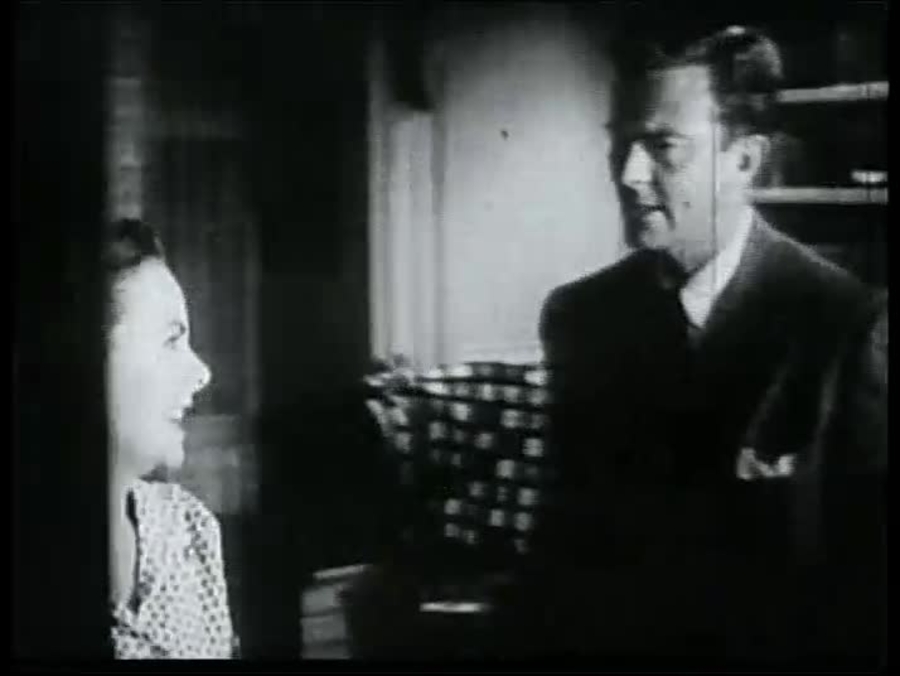
Call Number: 167289
Publication Date: 1/14/2019
"Between 1910 and 1950, over 150 independent film companies were organized for the specific purpose of producing all-black cast films. Of the 400 black-produced films that were made, Oscar Micheaux produced 10 percent of them. This program from Tony Brown's Journal examines them.
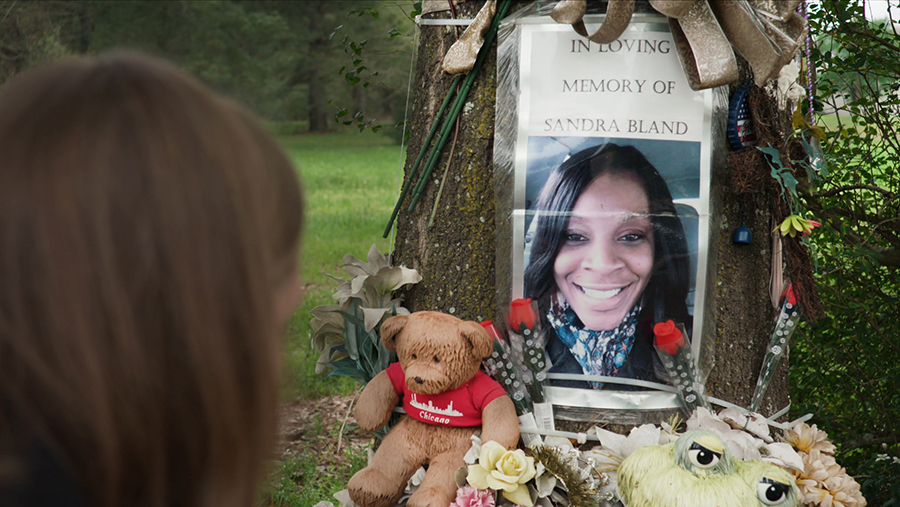
Call Number: 168782
Publication Date: 1/19/2019
"On July 10, 2015, Sandra Bland, a vibrant 28-year-old African American from Chicago, was arrested for a traffic violation in a small Texas town. After three days in custody, she was found hanging from a noose in her cell. Bland’s death was quickly ruled a suicide, sparking allegations of a murder and cover-up, and turning her case and name into a rallying cry nationwide. From the Oscar®-nominated, Emmy®- and Peabody Award-winning team of directors/producers Kate Davis and David Heilbroner, Say Her Name: The Life and Death of Sandra Bland examines this story in depth, revealing previously unknown details. The film follows the Bland family and legal team from the first weeks after her death as they try to find out what really happened in that jail cell in Texas. Embedded with the family and their lawyers, the filmmakers tracked the story for two years, drawing on key documents, jail footage and interviews with those closest to the events. An HBO Production."
0 Comments.